‘Zim not ready for soccer return’. . . Local Covid-19 statistics cast worse case scenario for the game
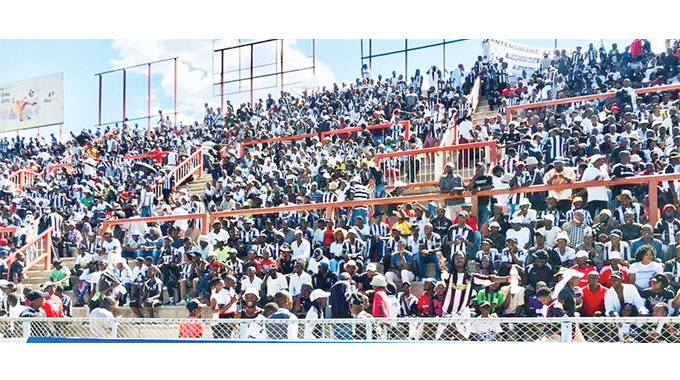
Ricky Zililo, Senior Sports Reporter
THE spike of Covid-19 cases in the country makes it difficult for sporting activities, particularly football, to resume in Zimbabwe.
With infections fast approaching the 5 000 mark and the death rate as of Wednesday at 122, experts fear the worst case scenario in terms of what infections and deaths could be next month due to the multiplier effect.
Local Covid-19 transmissions have risen alarmingly during the last few weeks and now account for more than 70 percent of the total confirmed cases.
Statistics don’t lie and some football authorities that are reportedly pushing for game to resume in the last quarter of the year should accept reality that current conditions don’t allow for return of sport.
The domestic football season was fortunate that when Covid-19 struck in March, the league hadn’t started, with only the official 2020 topflight match played being the Castle Challege Cup, which featured league champions FC Platinum and Chibuku Super Cup winners Highlanders at Barbourfields Stadium.
When President Mnangagwa announced the suspension of sporting activities in March, there was hope that Covid-19 would be contained in a few weeks, but alas, society has had to get used to the new normal way of living, abiding to strict health protocols, which include wearing face masks, hand sanitising and social distancing.
The South African Premiership resumed last weekend just after the Football Association of Zambia (FAZ) prematurely ended the season a few weeks after restarting their programme due to failure to abide by health protocols.
Associated Press reported that more than 50 players and staff members at football clubs in Zambia’s topflight tested positive for Covid-19 in an outbreak that the national association said was caused by teams failing to properly implement measures to stop its spread, resulting in the season being cut short just two weeks after it had restarted.
What the South African football authorities did was to create a bio-bubble, a controlled environment for teams and officials.
All remaining matches in the South African Premiership are being played in Gauteng, in the cities of Johannesburg and Pretoria.
The province is the current virus epicentre in Africa with more than 170 000 cases, dwarfing all the other countries on the continent.
The province was chosen because it has stadiums to host the league’s 16 teams and they can all share the grounds in the reworked plan.
Teams stay in a controlled environment and regular Covid-19 tests are conducted.
No one is allowed into the bio-bubble without being tested and even match officials are also staying in the controlled environment.
Training and match day facilities are sanitised regularly and during games at half-time. Players change kits at half-time.
The league has managed to continue with its programme because it’s well-resourced and enjoys good corporate sponsorship that cushions clubs.
In Zimbabwe, the sponsorship package is a pittance compared to the South African league where clubs each get about R2 million in monthly grants.
The money is to help clubs’ camping and travelling expenses. South African teams also enjoy good corporate sponsorships, which they use to pay players’ salaries.
Few clubs in Zimbabwe can afford the luxury of keeping players together in camp for a long duration.
Not even the US$5 000 that Zimbabwean clubs are set to get from the Fifa/Caf Covid relief fund can help sustain teams’ operations.
Of course Zifa said it will cater for Covid-19 tests, but what about the upkeep of players in camp should the league start.
There’s also the issue of intercity traveling since Zimbabwe doesn’t have many usable stadiums in one province.
Intercity travelling remains banned, and if one looks at the Zambian scenario, intercity travelling exposed players and officials to Covid-19.
It’s virtually impossible for our game to start in September or anytime this year if these scenarios are considered.
Some of the factors that Zifa and other football stakeholders need to accept is that 2020 is about to end and they can’t force teams to play football in an unsafe environment.
Speaking in his personal capacity, Highlanders’ chief executive officer Nhlanhla Dube highlighted some important points, calling for level headedness in deciding when the football season might restart.
“Please note that these are my views and don’t reflect Highlanders FC’s position,” said Dube.
“If this had to happen (start of the season) in August, notwithstanding the Covid-19 reality, the clubs need at the very least six to eight weeks to get the players ready. The season would start in the middle of the rainy season. Many player contracts will be expiring at the end of December when the original season was set to end. Even if clubs intended to extend contracts now, there is no start date and end date for the season and it becomes near impossible to do this.
“How exactly do clubs deal with the reality that while they have religiously paid player salaries for a full year (almost), there’s no return on that investment and players will walk away from the clubs for free without having worked for a minute,” he said.
“How do clubs deal with the losses incurred from playing in empty stadia, but still carrying costs to service providers. How do clubs deal with the requirements for testing and prevention protocols from training to match day? How will the league sponsors and club sponsors relate to the diminished visibility which is the number one trade off for football sponsorship? Good people, our football is in dire straits,” Dube said.
Sports Leaders Institute of Zimbabwe (Sliz) president Russell Mhiribidi advised local football authorities to forget about playing this year and focus on plans to restart at the beginning of 2021.
“Lives are important and that is why all along we’ve been urging clubs and administrators to capacitate themselves, restructure if need be, and revisit their goals during the Covid-19 forced break so that their institutions return stronger when it’s time to resume. As it is, we’re not ready for that return,” said Mhiribidi.
“Why should we force a return when the environment is not safe? What is there to gain by so doing? Do we have broadcasting rights that pay like those in South Africa to protect? Is it worth taking the risk? These are some of the things that need to be interrogated.
“Focus should be on ensuring all stadia in the country are upgraded so that facilities meet required standards when the league eventually starts,” Mhiribidi said. – @ZililoR

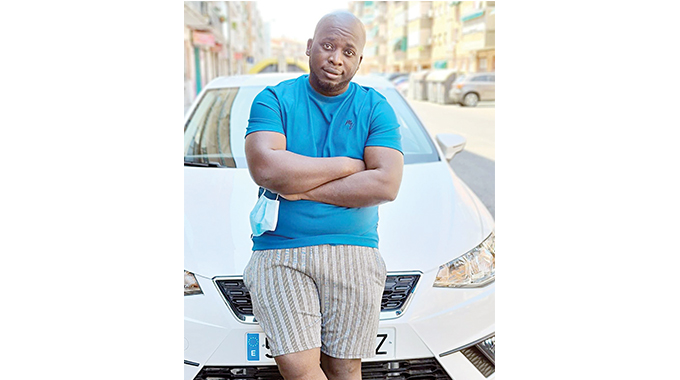
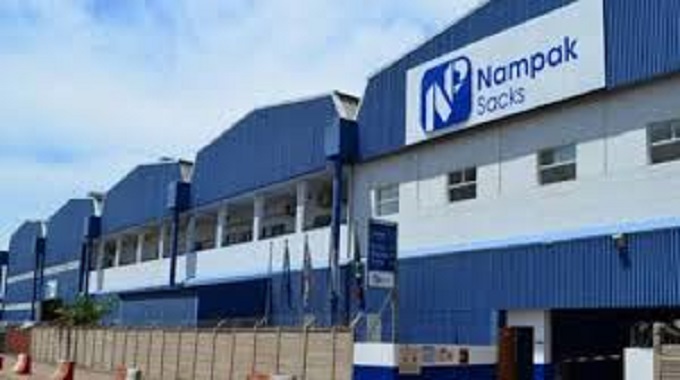

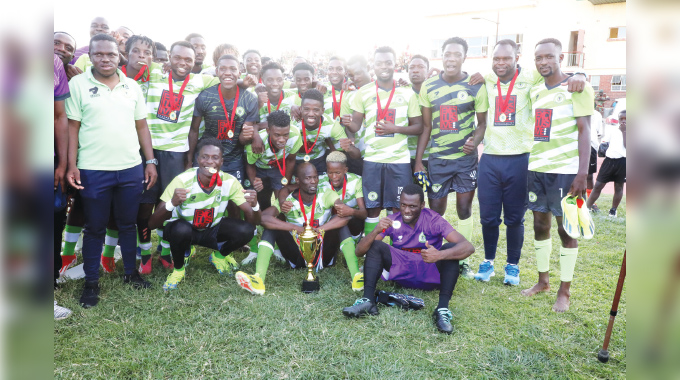
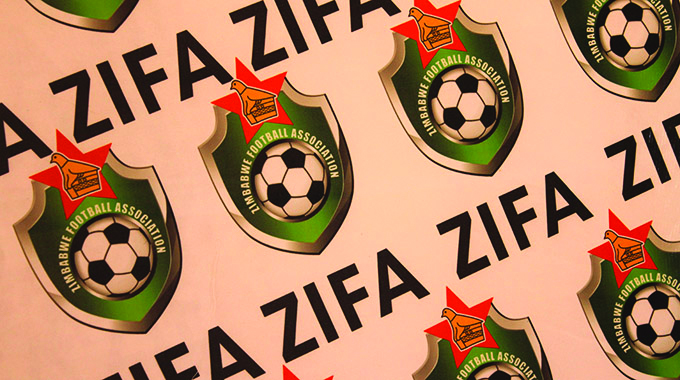





Comments